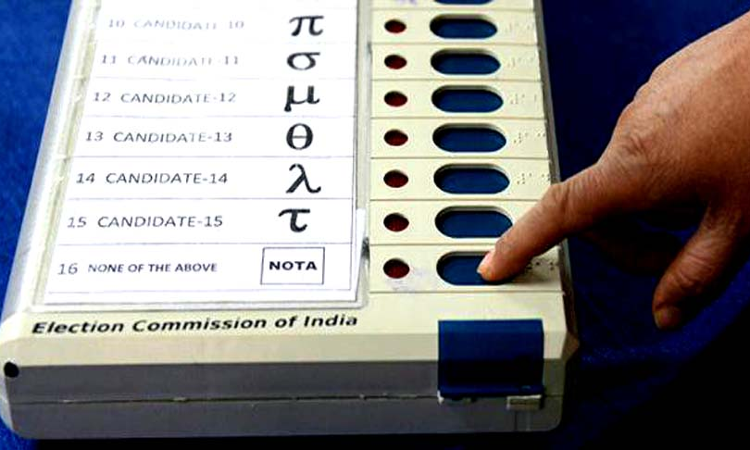Elaborate & Fool-Proof Affidavit Format, State Funding, Stop Criminalisation Of Politics: Madras High Court To Hear Plea For Electoral Reforms
Sebin James
17 Dec 2021 5:41 PM IST

Next Story
17 Dec 2021 5:41 PM IST
A public interest litigation has been filed before Madras High Court seeking directions to the Union and the Election Commission of India to introduce a set of broad electoral reforms to curb corruption and malfeasance in the electoral process. The plea, filed by Advocate K S Radhakrishnan, Dravida Munnetra Kazhakam (DMK) spokesperson and activist, came up before the First Bench of...
